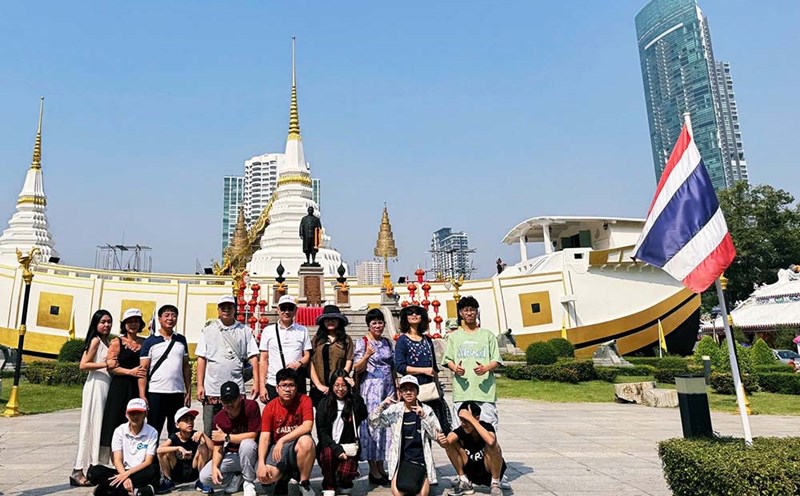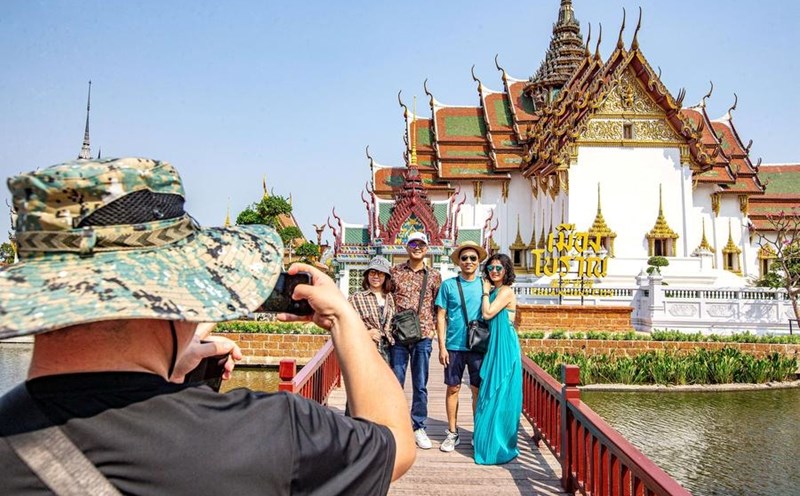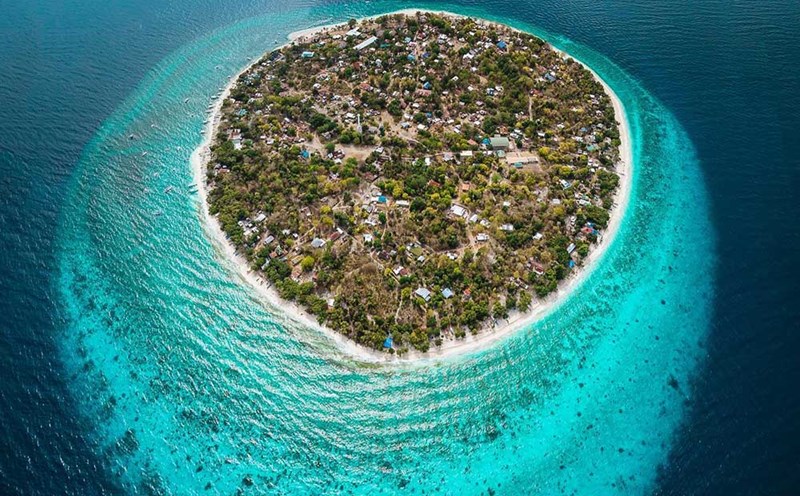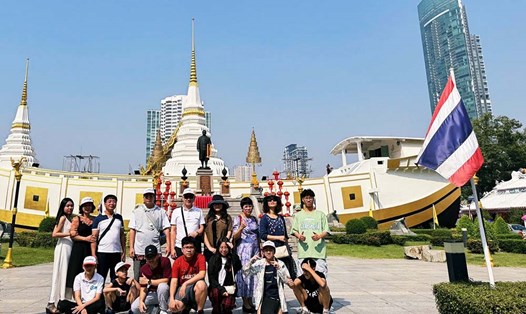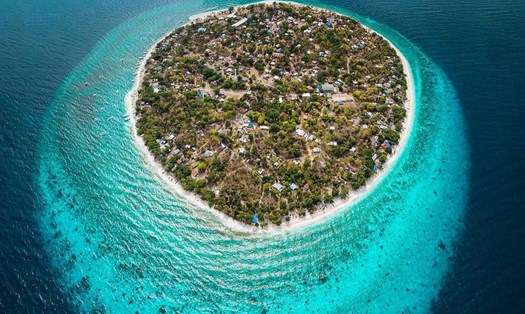Bangkok Post reported that according to tourism operators Phuket, political instability and persistent border issues continue to affect investor sentiment, causing Thailand to lose competitiveness due to delays in infrastructure development and tourism stimulus.
Mr. Bill Barnett, CEO of C9 Hotelworks, a hotel consulting firm based in Phuket, said: "Thailand's political instability disrupts the implementation of national policies, including tourism stimulus and infrastructure development funding".
Although investors continue to develop new real estates, it is worrying that large-scale public infrastructure projects cannot catch up, due to the instability of the government.
As for the Phuket sea paradise, the problems that are hampering tourism include delays in the construction of new expressways, railways and plans to upgrade Phuket airport.
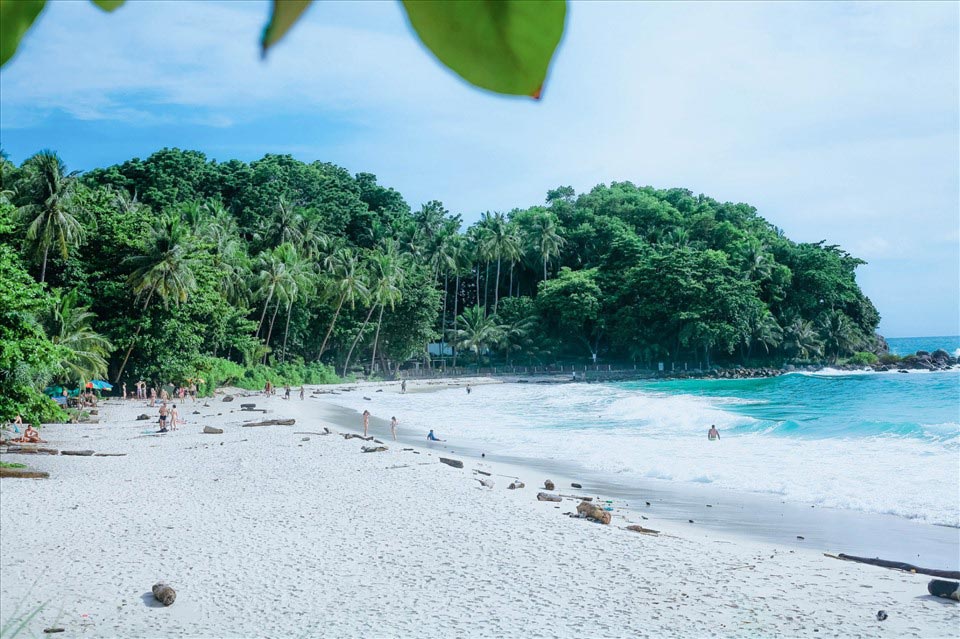
The CEO of C9 Hotelworks said that Thai tourism workers are also concerned that giving 200,000 domestic flights to foreign tourists is likely to be delayed from this September.
In contrast, Vietnam has policies and plans to develop more stable infrastructure, such as the high-speed railway connecting Hanoi and Ho Chi Minh City.
Another worrying factor is that the political gap in Thailand could lead to delays in resolving border conflicts and restoring diplomatic relations with Cambodia.
Foreigners consider Thailand a safe place, but currently border disputes have affected their confidence and made international tourists afraid to visit or live in Thailand.
"3-4 months ago, we were optimistic about the end of this year, but now we are not. We are losing momentum. This is worrying, said Barnett.
The number of international visitors to Thailand could reach 35.5 million, equivalent to or mainly due to the gloomy Chinese market last year. The low season situation of Thai tourism this year is also quite gloomy compared to the same period last year.
During the peak season of the fourth quarter, the number of tourists to Phuket may decrease by 5%, while daily room prices are likely to decrease by more than 10% compared to the same period last year.
The CEO of C9 Hotelworks is concerned that a segment of international visitors are moving to Vietnam because the average room rate at luxury hotels here is only half that of Thailand.
At the end of August, a survey from July 30 to August 12 on Bangkok Post also showed that Vietnam is surpassing countries in Southeast Asia, including Thailand, to become the most attractive sea tourism destination.
More than a quarter of online respondents (26.3%) have chosen Vietnam as their favorite destination, ranking above the Philippines, Indonesia, Malaysia.
In particular, Bangkok Post praised Phu Quoc because the famous island of Vietnam is attracting more and more international tourists to the poetic beaches.

